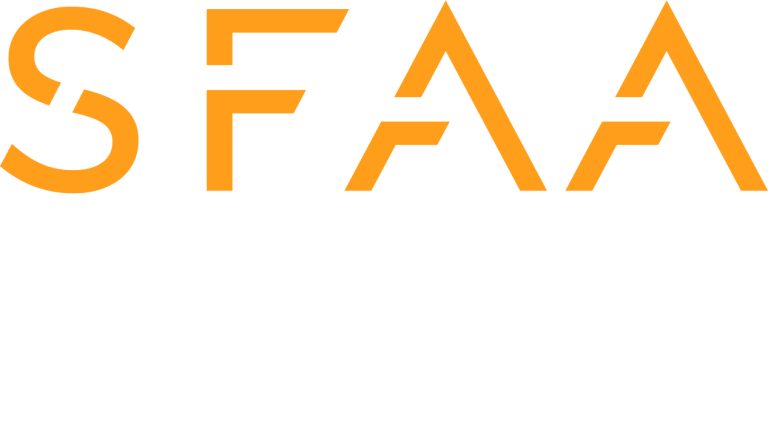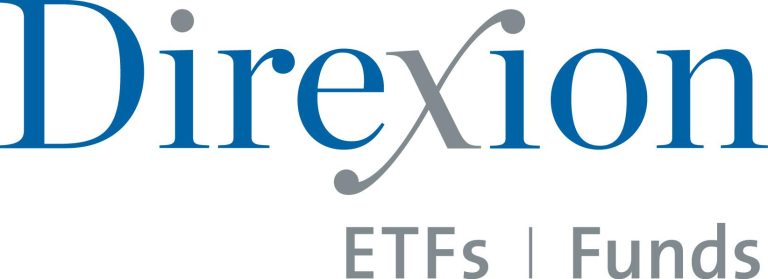After eight years of diligently paying her parents $1,000 a month towards the student loans they took out for her, Sarah from Philadelphia thought she was nearly debt free.
After all, $96,000 in total payments should have covered her initial balance, as well as the interest accumulated on these loans.
Don’t miss
- I’m 49 years old and have nothing saved for retirement — what should I do? Don’t panic. Here are 5 of the easiest ways you can catch up (and fast)
- Thanks to Jeff Bezos, you can now become a landlord for as little as $100 — and no, you don’t have to deal with tenants or fix freezers. Here’s how
- Gain potential quarterly income through this $1B private real estate fund — even if you’re not a millionaire. Here’s how to get started with as little as $10
However, on a recent episode of The Ramsey Show, the 29-year-old says she was “shocked” to discover that her parents now consider her debt to be part of “one big student loans pot” that also includes the student debt of her siblings. In other words, Sarah’s parents expect her to keep paying for her siblings’ student loans.
Sarah’s situation, according to Dave Ramsey, highlights how borrowing money from family can blur expectations in a relationship, and why the only solution is to have a blunt conversation about boundaries.
The bank of Mom and Dad can be tricky
A 2024 report from the Bank of America found that 46% of adult Gen Z Americans relied on financial assistance from their parents for expenses ranging from rent to debt repayments.
Like Sarah, many young adults in this cohort likely rely on Parent PLUS loans for student debt. Roughly 3.6 million Americans had a Parent PLUS loan with an aggregate balance of $114.3 billion as of 2025, according to Federal Student Aid. These loans represent roughly 7.1% of the total $1.62 trillion in student loan debt across the country.
Put simply, the bank of mom and dad is a huge source of education funding in America. However, these loans can often blur the lines between a parent-child and lender-borrower relationship — especially if the terms of the agreement are not well understood or communicated and both parties have different expectations.
For Sarah, Ramsey believes it’s fair for her to expect to only have to repay her loan. “You don’t have any legal obligation at all,” Ramsey tells her. “You do have a moral obligation because you promised to pay your part, but you did not promise to pay your siblings part.”
In Ramsey’s view, Sarah is dealing with a relationship issue rather than a financial one.
Read more: Want an extra $1,300,000 when you retire? Dave Ramsey says this 7-step plan ‘works every single time’ to kill debt, get rich in America — and that ‘anyone’ can do it
Sarah’s solution won’t be easy
To resolve the issue, Ramsey recommends that Sarah has an open and blunt conversation with her parents that resets their expectations. Ramsey also advises Sarah to speak with a financial expert to make sure she has her numbers correct and doesn’t indeed owe any more money to her parents.
However, Sarah admits that this money talk is likely going to be a “tough conversation.” And her reluctance isn’t all that unusual — according to Empower, the vast majority of Americans (63%) admit to avoiding conversations about money with family members. For many, these discussions can often strain family ties.
“Hundreds of times, I’ve seen relationships strained and sometimes destroyed from loaning money,” Ramsey shared in a clip of his show that was posted on Facebook.
Nevertheless, these difficult conversations can become necessary when you and your loved ones are simply not on the same page about a loan that was agreed to years ago.
What to read next
- Don’t have the cash to pay Uncle Sam in 2025? You may already be eligible for a ‘streamlined’ handshake with the IRS — here’s how it works and how it can potentially save you thousands
- Here are 5 ‘must have’ items that Americans (almost) always overpay for — and very quickly regret. How many are hurting you?
- Robert Kiyosaki warns of a ‘Greater Depression’ coming to the US — with millions of Americans going poor. But he says these 2 ‘easy-money’ assets will bring in great wealth. How to get in now
This article provides information only and should not be construed as advice. It is provided without warranty of any kind.


